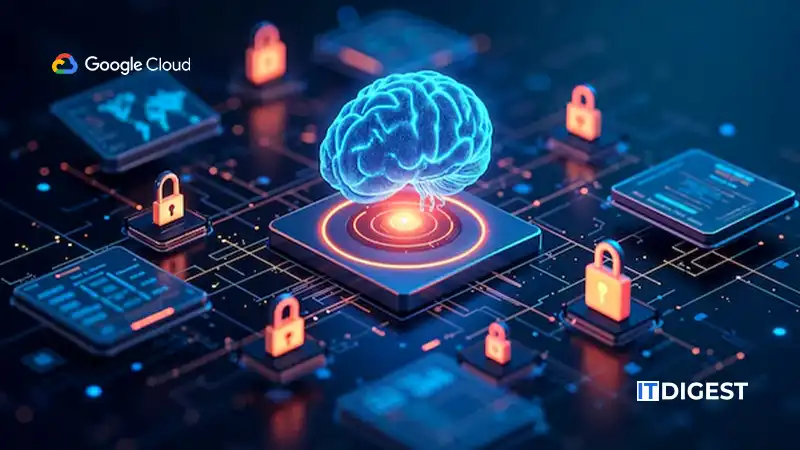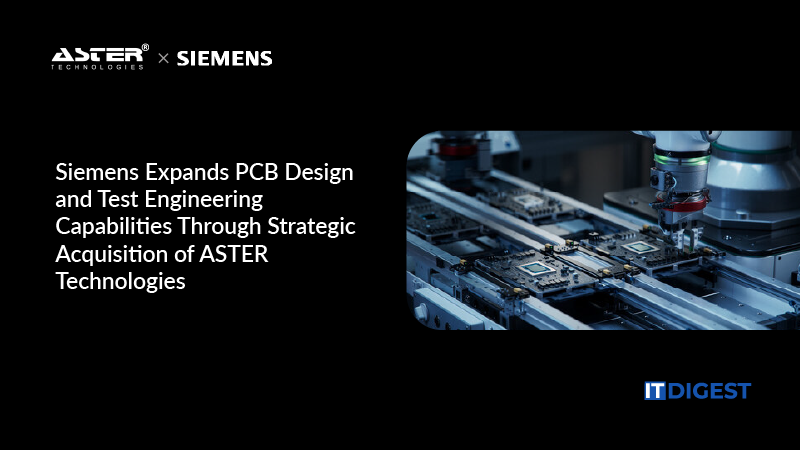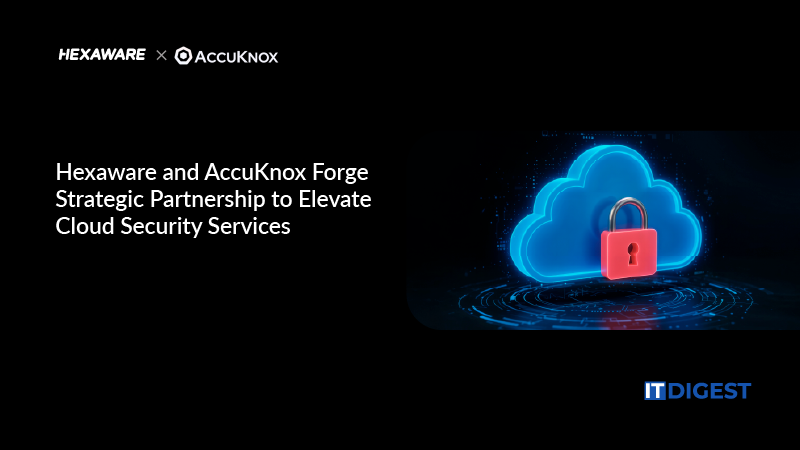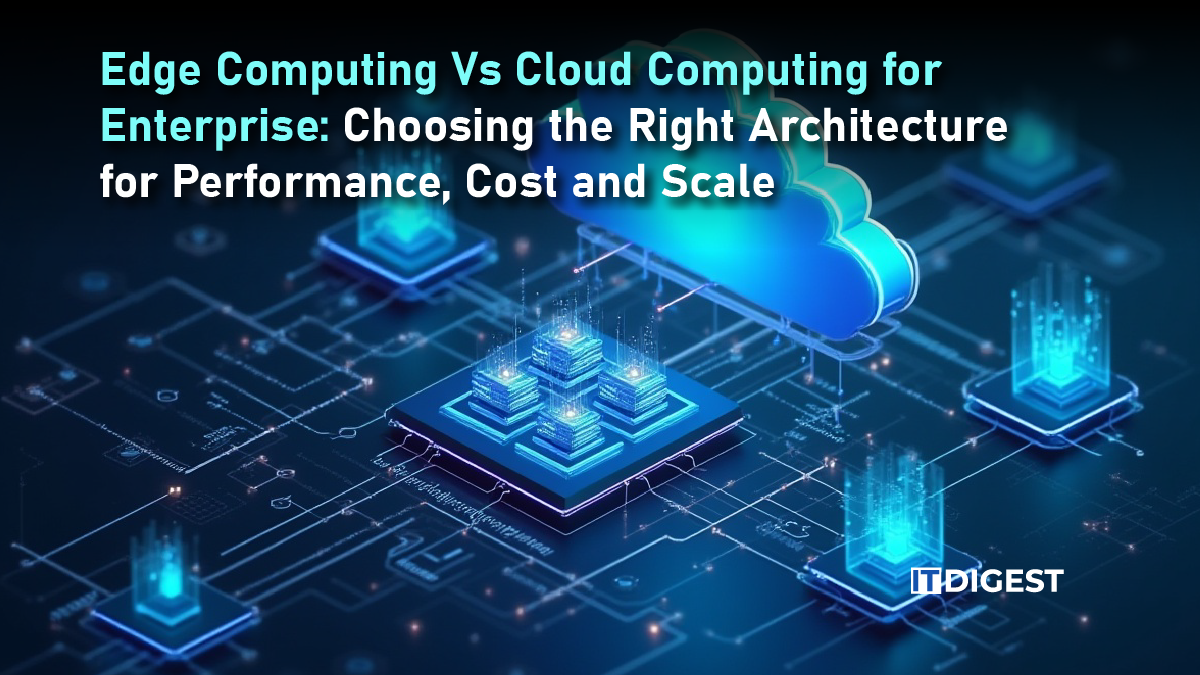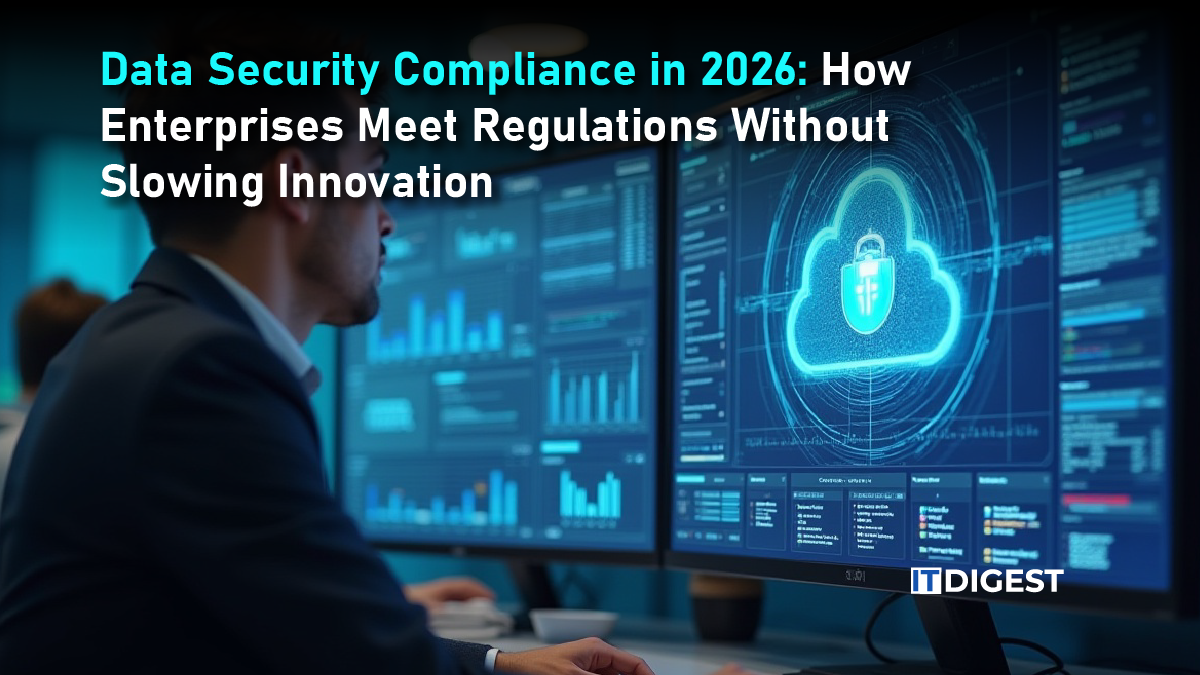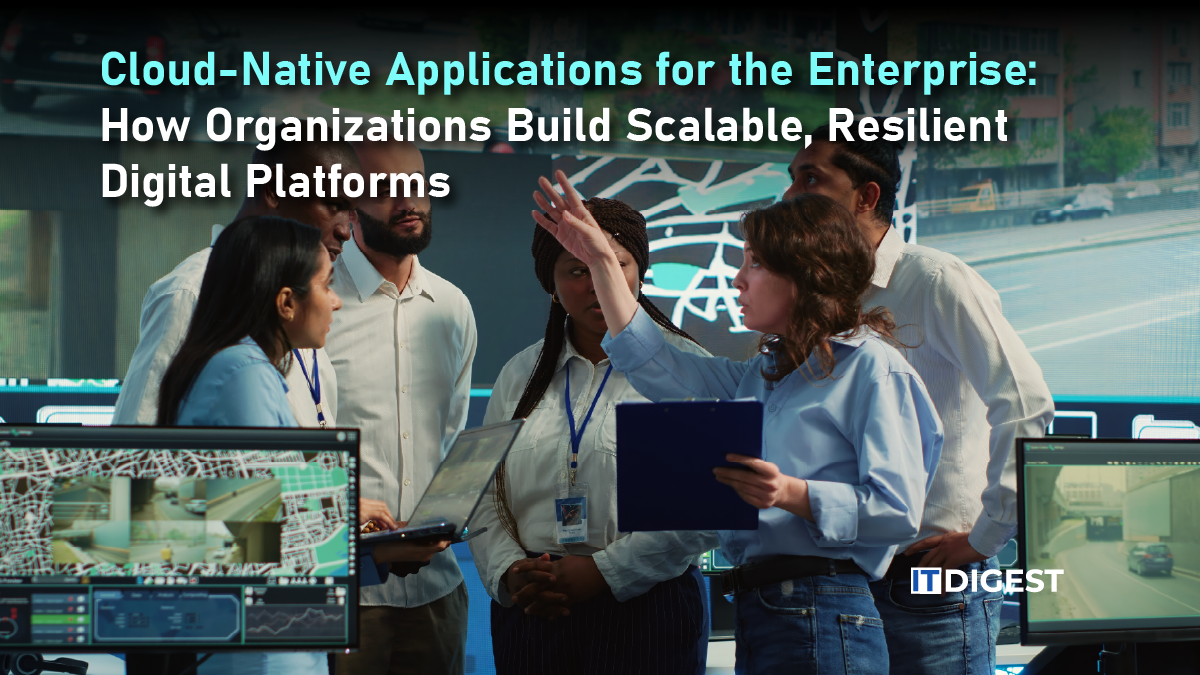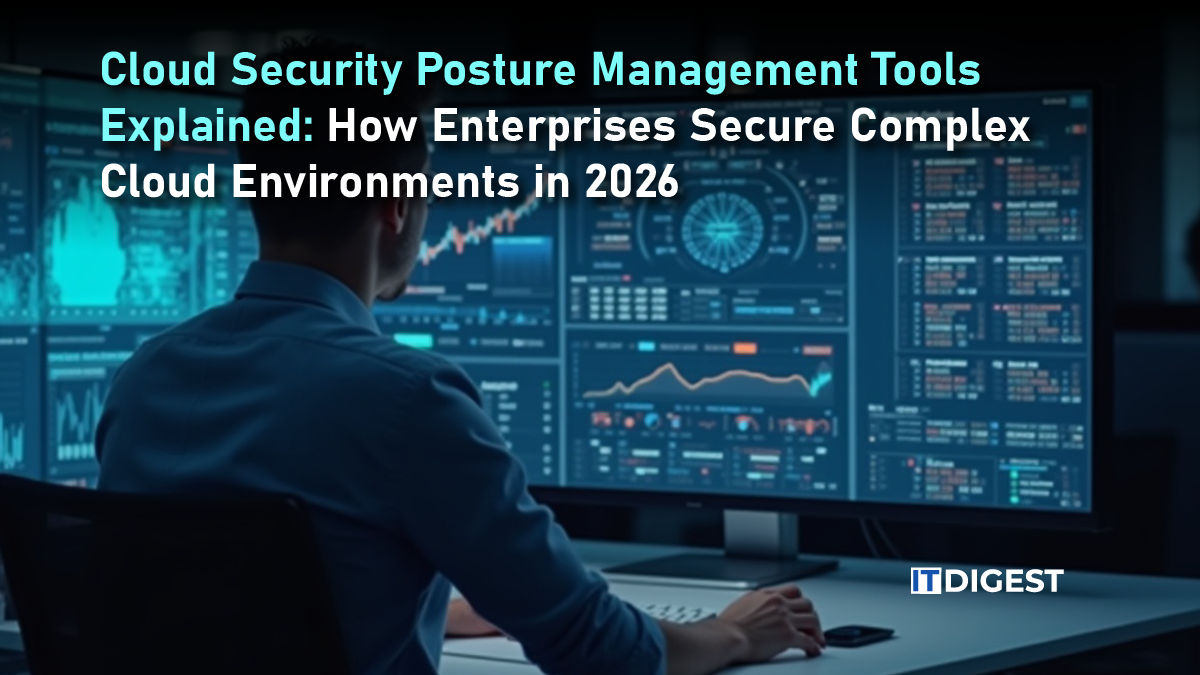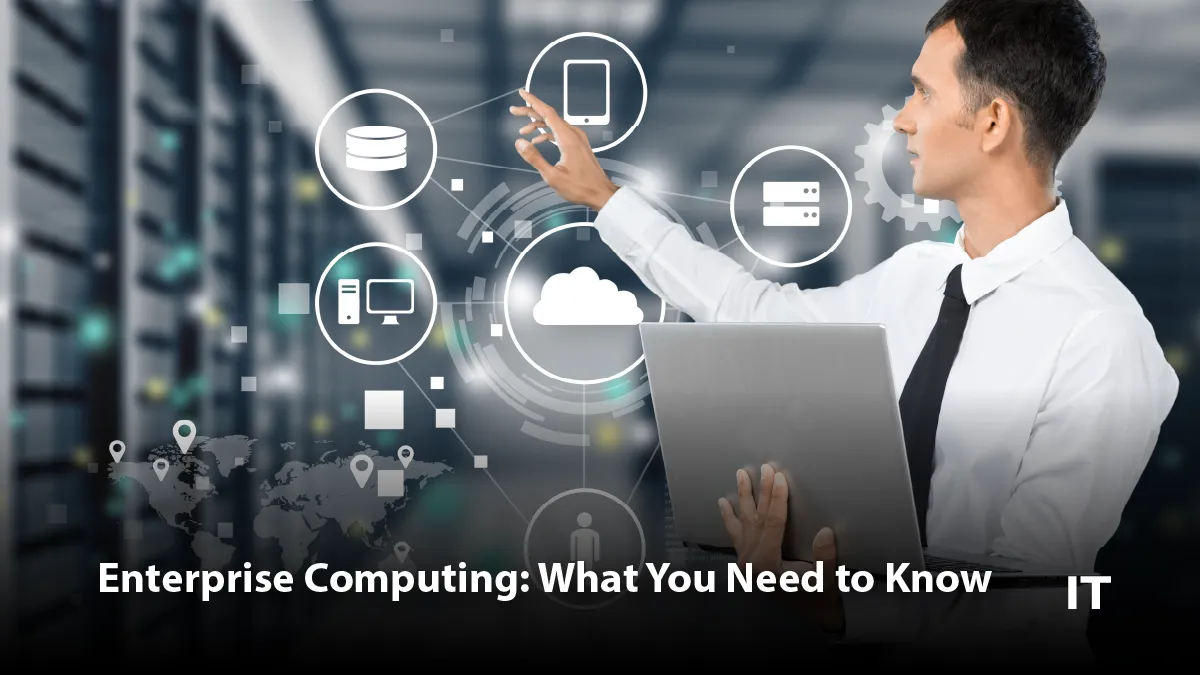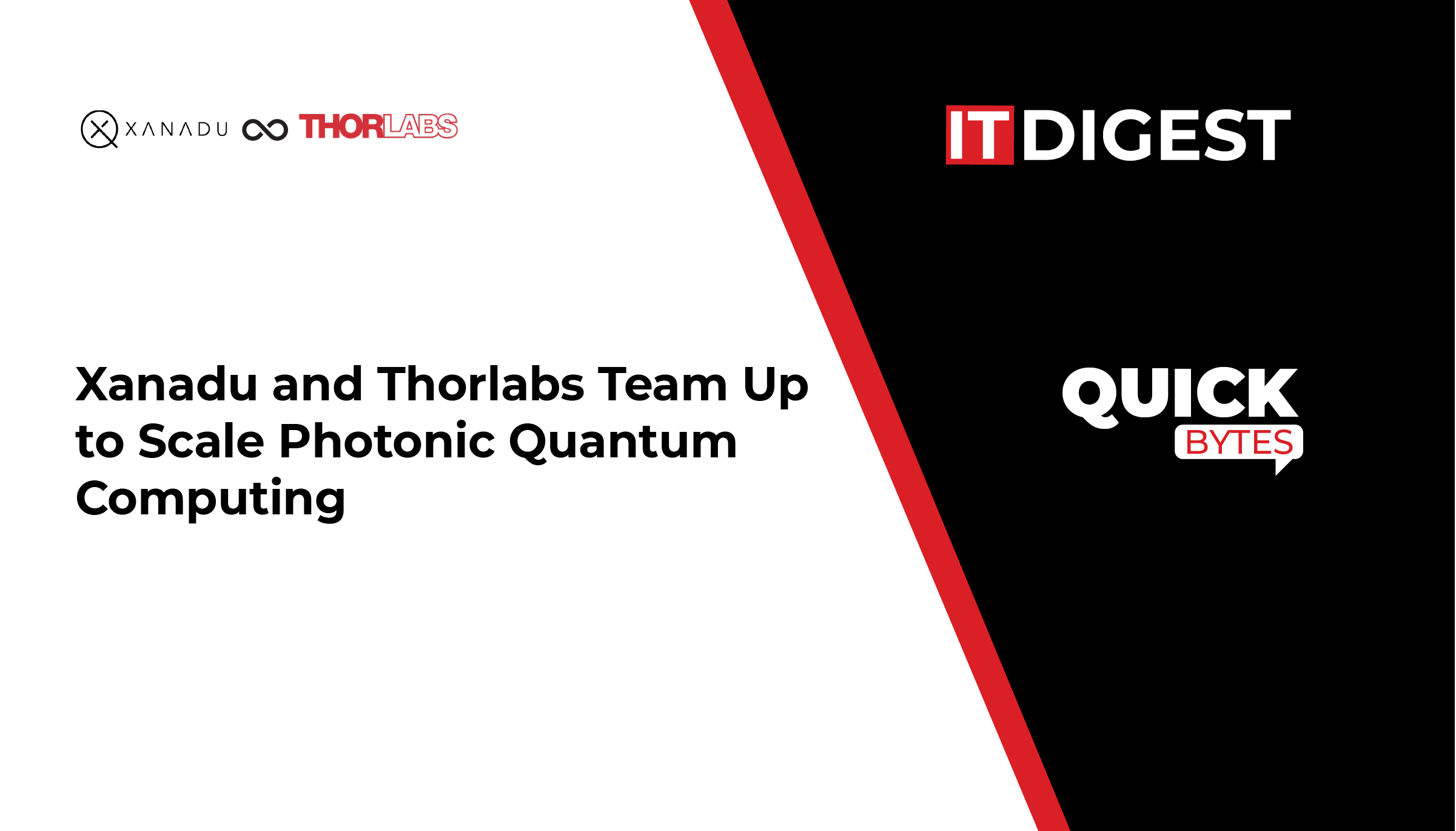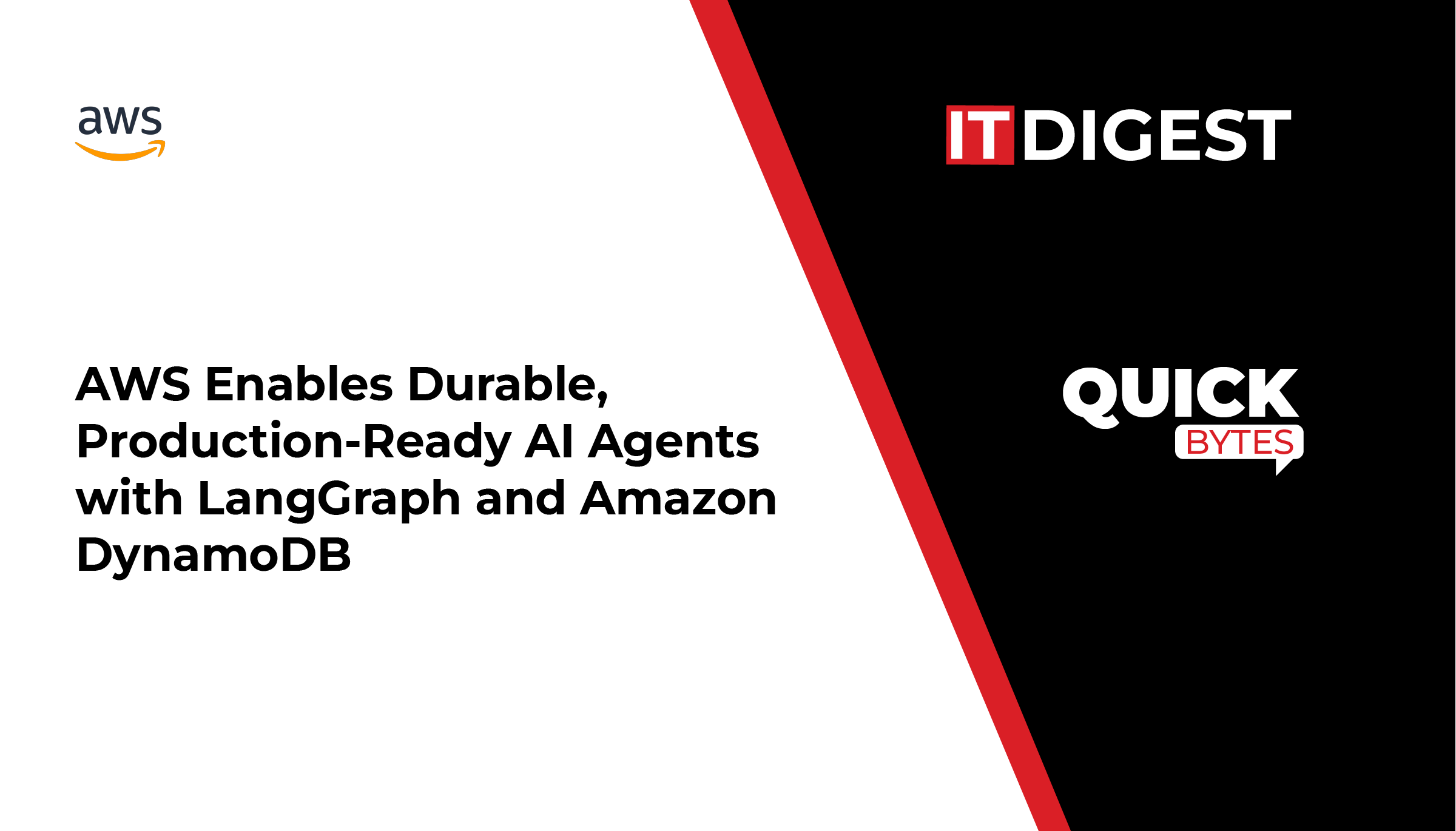Enterprise computing is vital for modern businesses. It integrates software, data, and IT systems to boost efficiency. As businesses grow, they must manage more complex operations. This is where enterprise computing comes in.
What is enterprise computing?
Simply put, enterprise computing is the use of technology and software applications to meet the needs of large organizations. It includes a wide range of IT solutions. These solutions help manage business processes, store data, and communicate across departments. Enterprise computing boosts efficiency by integrating various systems and processes. Enterprise computing solutions usually involve custom software development for specific needs. This includes creating custom apps for unique business functions or adapting existing software to meet those needs. Using these technologies, organizations can streamline operations, cut costs, and boost productivity.
Key Components of Enterprise Computing
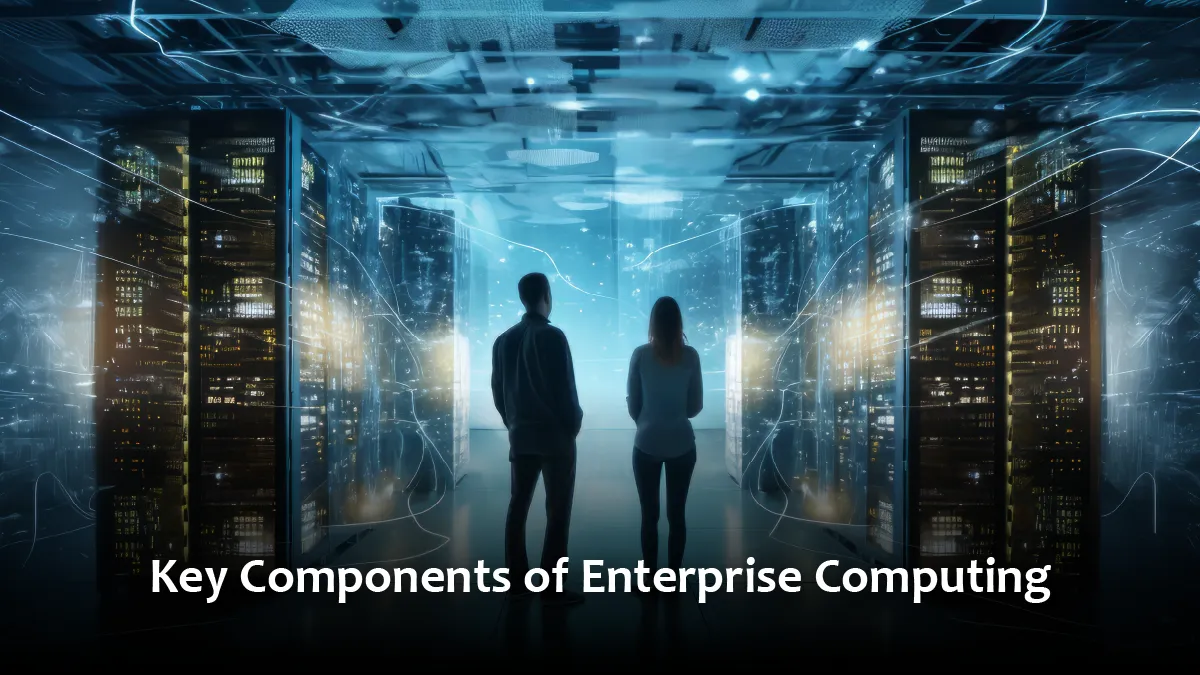 Software Applications
Software Applications
Enterprise computing includes various software applications that support business functions. These comprise enterprise resource planning (ERP) systems, customer relationship management (CRM) tools, and supply chain management (SCM) systems. Each application ensures that different departments can communicate effectively and share information seamlessly. Oracle NetSuite is a cloud-based ERP system that helps businesses manage various functions such as finance, inventory, and CRM in a unified platform. For example, Fulton & Roark, a men’s grooming product manufacturer, implemented NetSuite to centralize its operations, streamline inventory tracking, and enhance financial reporting, resulting in improved efficiency and decision-making.
Data Center
Data center is a critical component of enterprise computing. It is the backbone for data storage and processing. It houses servers, storage systems, and networking equipment. A well-managed data center keeps data secure, accessible, and available for analysis when needed.
Information Technology (IT)
IT infrastructure underpins all enterprise computing activities. This includes hardware like servers and networking devices. It also includes software that enables communication and data management across the organization. A strong IT framework lets organizations quickly respond to market changes and customer demands.
Enterprise Computing Solutions
They are designed to solve specific business challenges by integrating various technologies into a cohesive system. Enterprise computing solutions include cloud services, cybersecurity, and advanced analytics tools. These solutions help organizations make decisions using real-time data. In 2023, Hewlett Packard Enterprise (HPE) launched a new enterprise computing solution for generative AI. This solution, developed in collaboration with NVIDIA, allows enterprises to quickly customize foundation models using their private data. It simplifies the deployment of AI applications, such as chatbots, improving operational efficiency and accelerating AI adoption for businesses of all sizes.
Also Read: A Holistic Guide To Data as a Service (DaaS)
Importance of Enterprise Computing
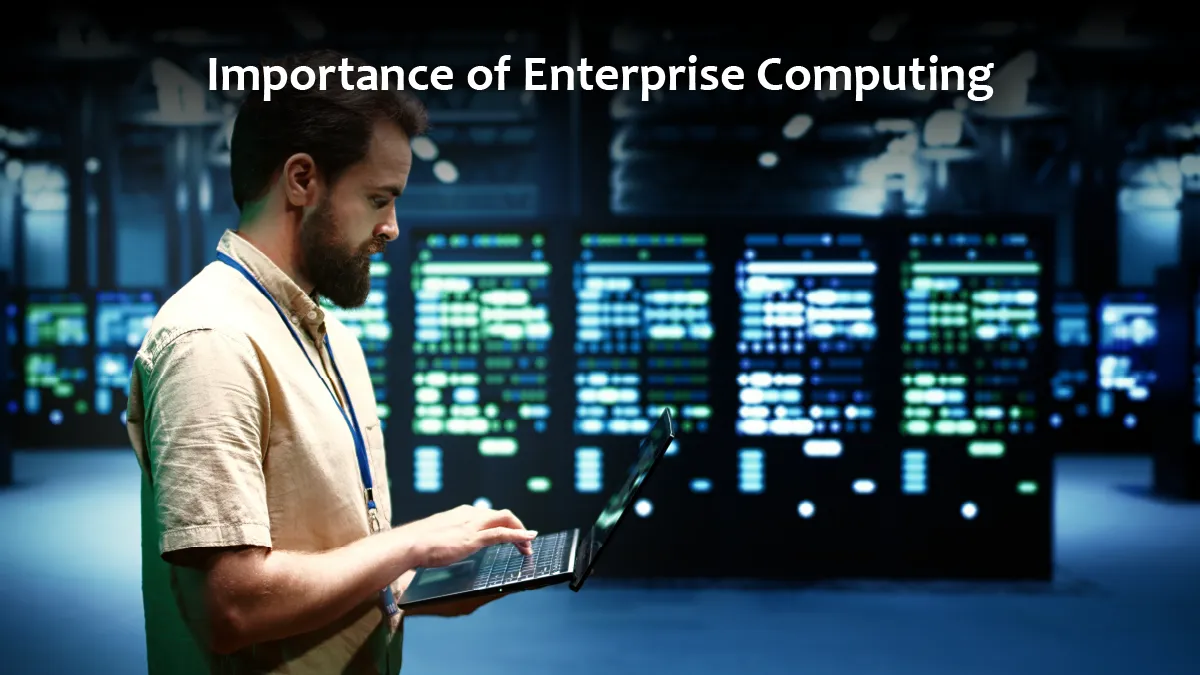 We cannot overstate the importance of enterprise computing in today’s fast-paced business world. Here are some key reasons why organizations invest in enterprise computing solutions:
We cannot overstate the importance of enterprise computing in today’s fast-paced business world. Here are some key reasons why organizations invest in enterprise computing solutions:
Improved Efficiency
Enterprise computing automates tasks and streamlines processes. It lets employees focus on higher-value work. This leads to increased productivity and reduced operational costs.
Enhanced Decision-Making
Access to real-time data enables organizations to make informed decisions quickly. Advanced analytics tools provide insights into performance metrics. They help businesses find areas for improvement.
Scalability
As businesses grow, their IT needs evolve. Enterprise computing solutions offer scalable options. They allow organizations to grow without major disruptions.
Collaboration
Modern enterprise computing boosts team collaboration by providing shared access to information and tools. This enhances communication across departments and improves overall organizational cohesion.
Despite its many benefits, implementing enterprise computing solutions comes with challenges.
Challenges in Enterprise Computing
Complexity
Integrating various systems can be complex and time-consuming. Organizations must carefully plan their IT strategies to ensure seamless integration.
Cost
The initial investment in enterprise computing solutions can be large. Organizations need to weigh the long-term benefits against upfront costs.
Security Risks
With increased reliance on technology comes heightened security risks. Organizations must implement robust cybersecurity measures to protect sensitive data from breaches.
Future Trends in Enterprise Computing
As technology continues to evolve, several trends are shaping the future of enterprise computing. Cloud computing is at the forefront, allowing organizations to access resources instantly while reducing costs and enhancing scalability and flexibility. Alongside this, AI is increasingly integrated into enterprise applications for predictive analytics, process automation, and improved customer experiences. IoT also plays a crucial role, providing valuable data that organizations can leverage for better decision-making and operational efficiency. As cyber threats grow more sophisticated, companies are investing in new cybersecurity technologies. These include machine learning algorithms that detect anomalies in real time. According to a report by McKinsey, 72% of companies adopted AI technologies in 2024. This emphasizes the need for businesses to enhance their AI capabilities as they navigate the trends in enterprise computing.
In conclusion, modern businesses rely heavily on enterprise computing. It combines technologies to create systems that improve efficiency and decision-making. Organizations must invest in strong computing solutions to stay competitive and grow. By understanding the importance of software applications, data centers, and IT infrastructure, companies can face the challenges ahead. Businesses can set themselves up for success embracing emerging trends such as cloud computing and AI.






